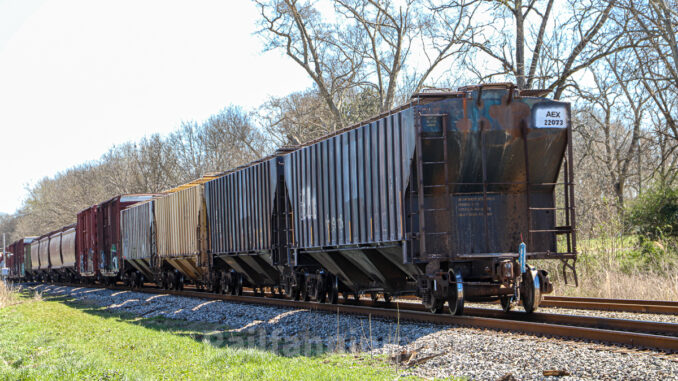
A nationwide rail service interruption could cost more than $2 billion per day, a new Association of American Railroads (AAR) report found.
If negotiations remain unsettled with the remaining unions by Friday, Sept. 16 at 12:01 AM, Congress should act to prevent a service interruption that would immediately harm every economic sector served by rail, AAR said.
Inaction could idle more than 7,000 trains daily, the Association of American Railroads (AAR) said. That could trigger retail product shortages, widespread manufacturing shutdowns, job losses and disruptions to hundreds of thousands of passenger rail customers.
“As the freight sector heads into peak shipping season, a nationwide rail work stoppage would result in an unnecessary $2 billion daily economic hit,” AAR President and CEO Ian Jefferies said. “President Biden’s PEB recommended terms that would maintain the highest quality health care coverage and result in compounded wage increases of 24%, bonuses totaling $5,000 — the highest pay increases in nearly 50 years.
“Like those unions that have already tentatively agreed to the PEB deal, each of the remaining unions can still enter into agreements based on these recommendations. However, should negotiations fail and result in a work stoppage, Congress must act to implement the PEB recommendations — rewarding employees and stopping unnecessary economic harm and uncertainty for rail customers.”
Specifically, the report updates a 1992 Federal Railroad Administration (FRA) econometric study to quantify the potential impacts of a national rail shutdown on employment and economic output in today’s dollars. Additionally, the report outlines how the lost economic output would harm manufacturers, distributors, retailers and consumers.

